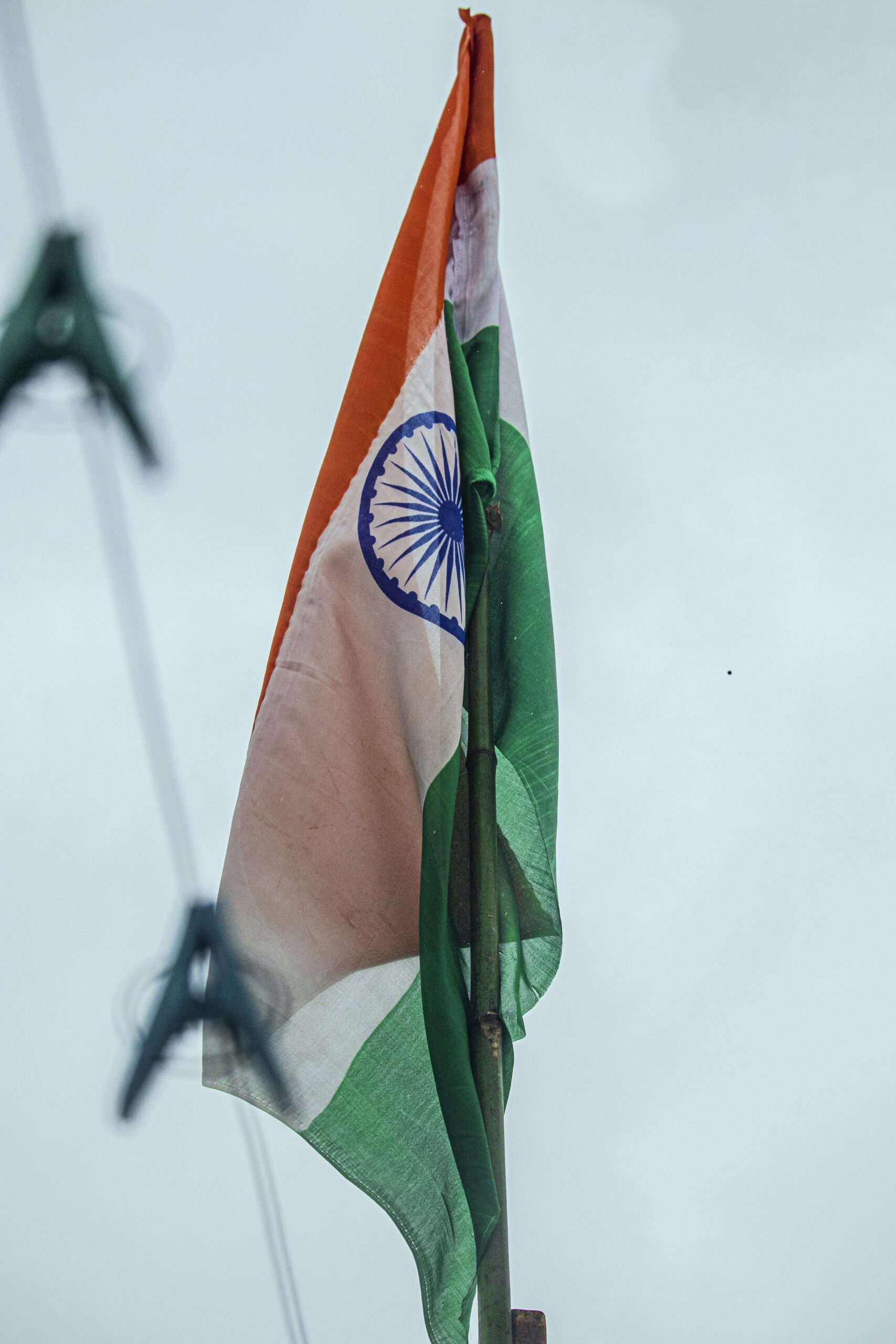
In a major diplomatic shift, India and China have decided to strengthen their trade relations and address longstanding border disputes, a development that unfolds amid escalating tensions with the United States following the imposition of new tariffs by President Donald Trump. This agreement marks a significant step towards reconciliation between the two largest populations in the world, aiming to stabilize the regional and potentially global socio-economic landscape.
Key Facts
- India and China have agreed to increase trade flows and resume direct flights, signaling a thaw in relations soured by a deadly border clash in 2020 and strained by unpredictable US foreign policies.
- The two nations will advance discussions on their disputed border during the visit of Chinese Foreign Minister Wang Yi to India, setting the stage for Indian Prime Minister Narendra Modi’s upcoming visit to China.
- Amidst these developments, tensions between India and the US have escalated following the imposition of steep tariffs on Indian goods by the Trump administration.
Historical Background
The relationship between India and China has been fraught with tension, primarily due to border disputes and strategic rivalry. The situation deteriorated significantly after a violent clash in the Ladakh region in 2020, resulting in military and economic standoff. However, recent diplomatic engagements suggest a mutual interest in mending ties, influenced partly by external pressures such as the US’s confrontational trade policies.
Timeline/What We Know
During the visit of Chinese Foreign Minister Wang Yi, several critical agreements were made. Both countries have consented to reopen key trading routes including Lipulekh Pass, Shipki La Pass, and Nathu La Pass. Additionally, they plan to establish an expert group to explore early harvest steps to improve border management. On economic fronts, China has agreed to address India’s concerns over export curbs affecting critical sectors like fertilizers and rare earth minerals.
Official Reactions
Indian Prime Minister Modi emphasized that stable and constructive ties with China are crucial for regional and global peace. National Security Adviser Ajit Doval highlighted the creation of a new environment of peace and tranquility, which is vital following the setbacks in recent years. From China’s side, Foreign Ministry Spokesperson Mao Ning expressed a willingness to strengthen dialogue and maintain the stability of global supply chains, reflecting a readiness to move past previous hostilities.
What’s Next
Looking forward, Prime Minister Modi is scheduled to visit China at the end of the month to attend the Shanghai Cooperation Organisation summit, marking his first visit since the tensions in 2018. This visit could potentially solidify the newfound cooperation and pave the way for more robust economic and diplomatic ties between the two nations.


